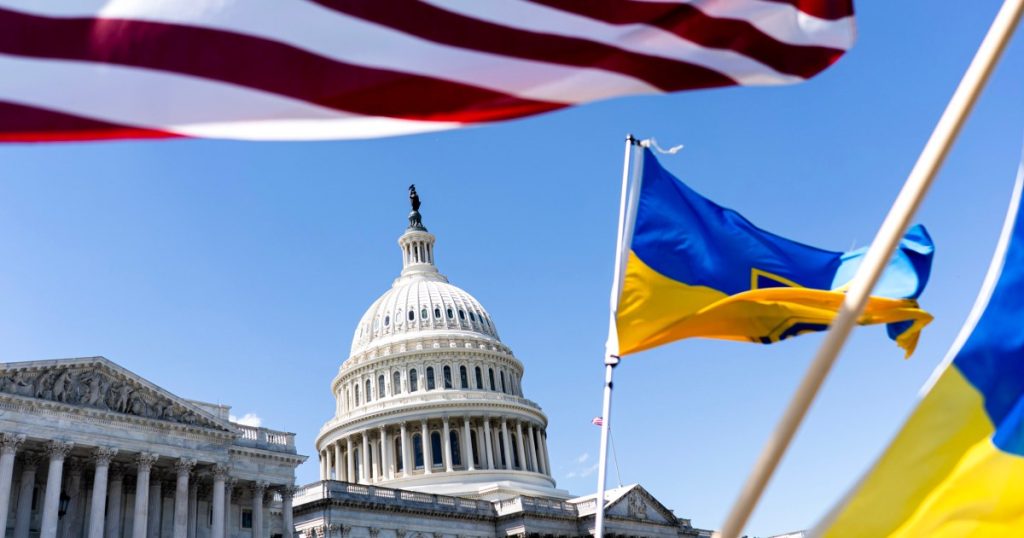The Senate passed a $95 billion package to provide aid to Ukraine and potentially ban TikTok in the U.S. President Biden pledged to swiftly sign the bill into law, stating that it will help support Ukraine against Russia, provide assistance to Israel, humanitarian relief in Gaza, and security for Taiwan and the Indo-Pacific. The bill gives TikTok’s parent company up to nine months to sell the platform or face a ban in the U.S., a move aimed at addressing concerns about the app’s ties to China and potential data privacy issues. The legislation is seen as a significant step in showing support for countries facing threats from terrorists and authoritarian regimes.
Senate Majority Leader Chuck Schumer hailed the passage of the aid package as a message to the world that America will not abandon its allies. Senate Minority Leader Mitch McConnell described the vote as a turning point away from isolationism, attributing delays in funding Ukraine to opposition from figures like Tucker Carlson and former President Donald Trump. The Senate had previously passed a similar aid package without the TikTok provision, but the ban bill gained traction and was ultimately included in the final legislation.
Senator Maria Cantwell endorsed the updated bill, which gives TikTok a longer window to sell its operations. Advocates for banning the app in the U.S. cite concerns about data privacy and potential for Chinese government interference. TikTok has pushed back against the ban, claiming that it would infringe on free speech rights and have negative economic impacts. The company has indicated that it will challenge the law in court once it is signed by President Biden, setting the stage for a legal battle over the future of the popular social media platform.
Senator Mike Lee urged his colleagues to filibuster the aid package, arguing that 41 senators could block its passage. However, the bill ultimately passed with strong bipartisan support. The aid package is seen as a critical step in providing assistance to Ukraine, Israel, and other countries facing security challenges. The inclusion of the TikTok ban provision reflects growing concerns about technology companies with ties to foreign governments and potential national security risks. The legislation marks a significant development in U.S. foreign policy and efforts to address global threats.


